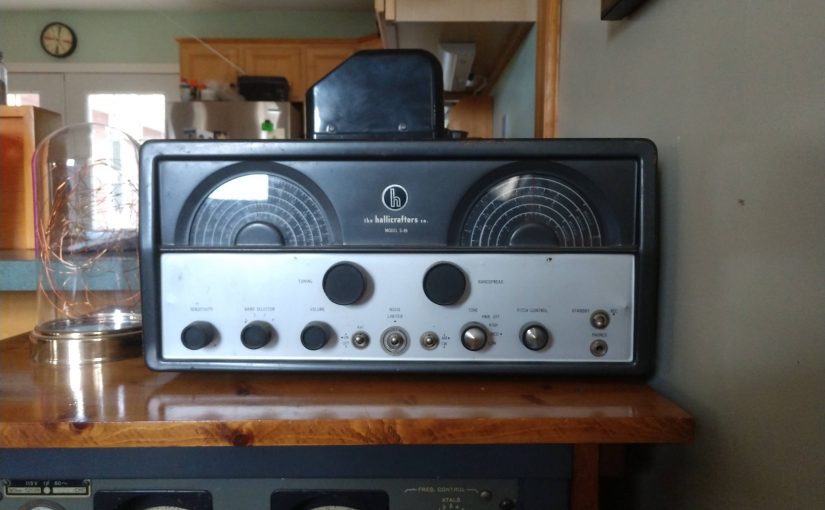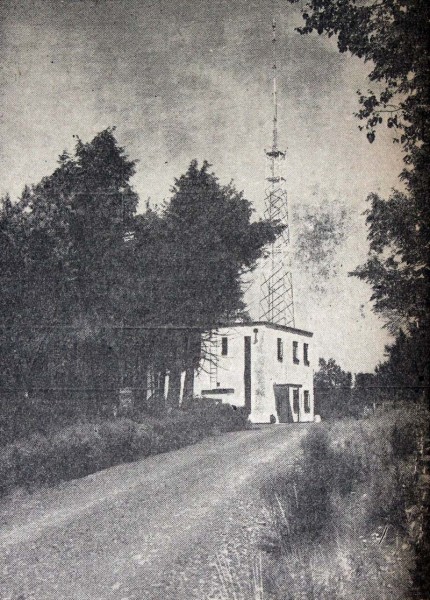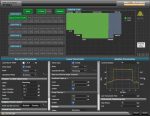I came across an interesting article on the Engineering and Technology website:
How to defeat disinformation with short-wave radio
The takeaway is this:
“When you’re in an environment where infrastructure has been damaged, where transmission towers have been destroyed or where the power supply to the transmission equipment isn’t reliable and robust, such as some parts of Ukraine, then you end up with a fallback to older equipment, such as battery-powered radios,”
Griffiths, Sarah. “How to Defeat Disinformation with Short-Wave Radio.” RSS, The Institute of Engineering and Technology, 9 Nov. 2022, https://eandt.theiet.org/content/articles/2022/11/how-to-defeat-disinformation-with-short-wave-radio/.
That applies not only to war zones but also to natural disasters or other situations where widespread disruptions occur in communications or power distribution networks.
The article focuses mainly on the BBC’s efforts to get information to Ukrainians who may be listening on shortwave radios in occupation zones. That is an effective use of shortwave radio, to be sure. One problem with this idea; if there are no regularly used shortwave frequencies in the affected areas, who will have access to a shortwave radio? There may be a few receivers around in any given community, but the vast majority of people will not have access to them. The idea that a broadcast service can be neglected for years if not decades, then be quickly dusted off and put into use is simply not realistic. This applies to AM and FM radio as well.







Fully agree. I have a shortwave receiver but that’s because I’m a radio nerd.
And a lot of the programming I can get in English *is* disinformation. I don’t want to say call letters or names because I’m sure they have Google Alerts for their mentions online, but let’s just say some of the programming makes the guy who’s been ordered to pay over a billion in damages look tame and sane.
BBC means well.
Separately, I’ve always wondered why our govt doesn’t start taking some of these vacant AM channels and set up a nationwide emergency network in the event a hostile enemy shuts down our power grids or internet or worse. Distribute wind up AM receivers similar to the DTV converter box program. Throw weather radio band in there too. Just a thought for worst case preparations.
It’s certainly true that the declining use of the AM and SW bands will lead to receivers being neglected, often with batteries still inside, or just discarded. However, aid agencies and helpful nations could buy basic SW receivers in bulk and ship them in, if necessary.
B- You are correct, there are many crackpots on the shortwave bands and yes, the BBC means well. While no news outfit is completely un-baised, I find their reporting better than most. I don’t know if there will ever be a nationwide government broadcast network like the BBC or CBC.
Paul – yes, for long-term disasters, distribution of cheap but reliable receivers may be needed.